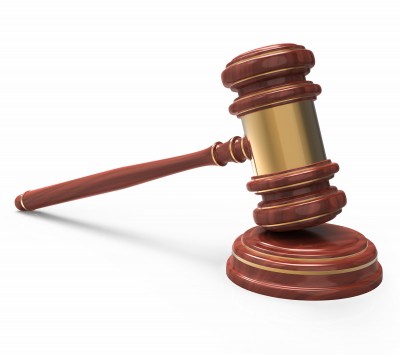
Pretrial 101: Understanding Pretrial Procedure
The criminal justice system can be more than a little confusing. Judges and lawyers speak a strange language, and the legal process is driven by bureaucratic procedures. That’s why you should place great importance on your legal defense and learn everything possible about the pretrial stages that will help shape your future.
Pretrial Stages
From an initial arrest to final sentencing, every criminal case has to wind its way through an obstacle course of legal stages. An arrest occurs when a police officer witnesses the commission of a crime or has probable cause to believe that a crime was or is about to be committed.
Booking
Once a criminal suspect has been taken into custody, they will be booked at a local police station. They will be fingerprinted and processed in the customary manner. Every defendant is asked to provide certain personal information and their personal possessions are confiscated. Once the processing phase is completed, criminal suspects are escorted to a holding cell.
Bail
In most cases, the presiding judge will set a bail amount when you make your first court appearance. After posting bail with a bail bondsman, you will be released from custody to prepare your legal defense.
There are instances when a criminal defendant is required to wait until the arraignment or a bail hearing to have bail set by a judge. Aside from posting bail, a defendant also agrees to appear in court at a date and time specified by the judge.
Arraignment
The very first stage of a legal case is called an arraignment. At a minimum, the judge will attend to the following:
- The judge will inform the defendant of all pending criminal charges. The defendant will then be asked to enter a plea concerning the charge or charges. The customary responses are innocent, guilty or no contest. The defendant will also be asked whether they have an attorney.
- The judge may schedule certain future proceedings, including the preliminary hearing and trial.
- The prosecution is obligated to provide the defendant and their legal counsel with a copy of the police report and other relevant documents.
- If the case against the defendant could result in a jail sentence, the judge will assign a defense attorney to the case in the event that the accused cannot afford one.
Plea Bargain
A defendant may decide to plead guilty to a lesser charge or reduced punishment to avoid going to trial. Plea bargain agreements often make sense when a defendant is facing multiple criminal charges.
Preliminary Hearing
In the absence of a plea bargain agreement, a preliminary hearing is conducted to determine whether there is sufficient cause to officially charge the defendant with the commission of a crime. If the judge rules in favor of the prosecution, the case will be decided at trial.
Getting an Experienced Attorney
The best way to clear up the confusion of the court system is to hire an experienced attorney. This will help you focus your energy on winning your case instead of trying to understand the intricacies of the U.S. legal system. Get a free case evaluation today by calling Brett A. Podolsky at 713.227.0087.
*Image courtesy of freedigitalphotos.net